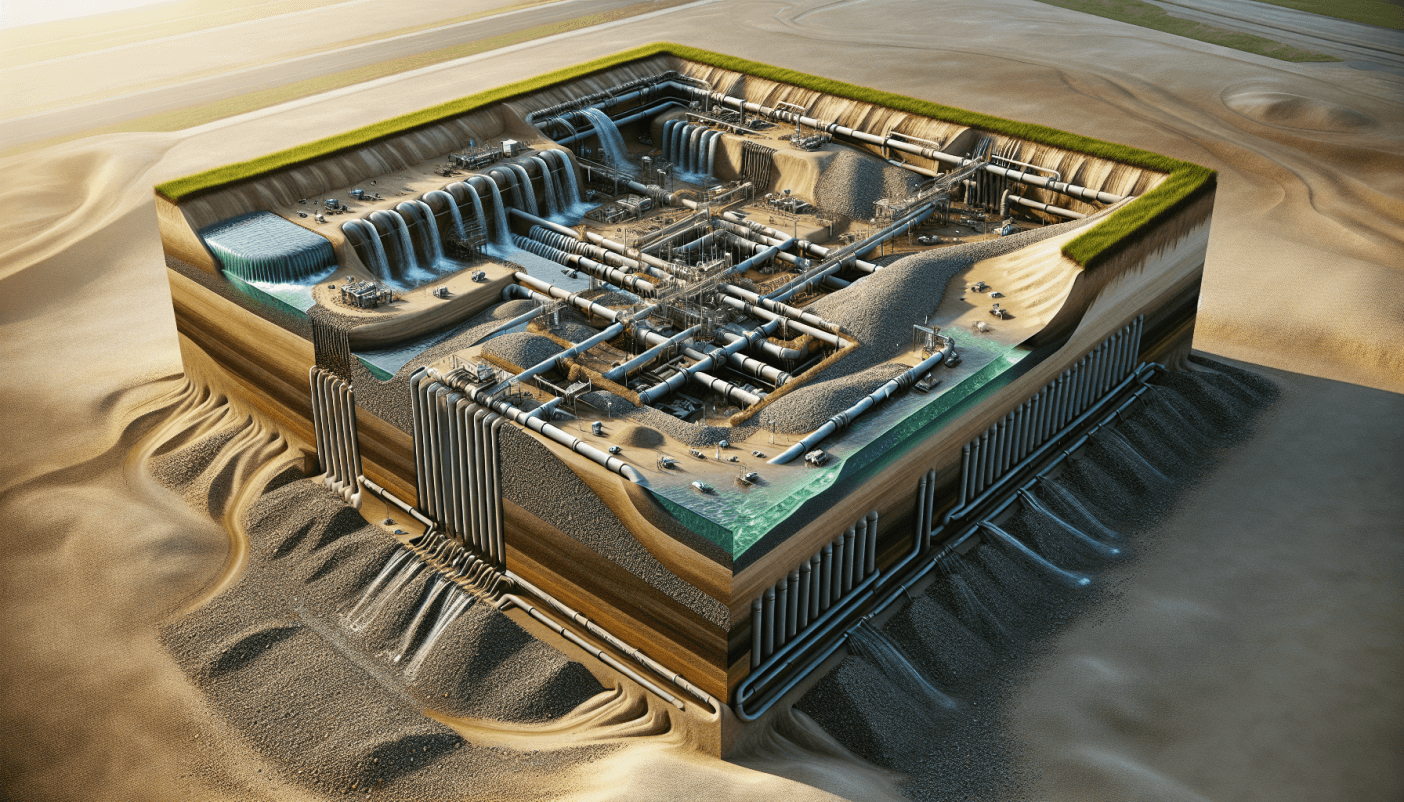The old saying, “We are what we eat,” absolutely applies to gaining weight and water retention. The body is primarily made of water at the cellular level. When the internal systems feel the need to store, they expand, taking on more water. This in turn adds to body weight and mass overall. That might be fine when a person is in a hot environment and needs to stay hydrated, but it’s not such a good thing during normal living.
In fact, excess body weight starts to create chronic health problems that can ultimately lead to sickness and mortality. Diabetes, for example, is a very common problem triggered by being overweight. Water retention also starts to occur with cardiovascular issues. Peripheral edema is a common symptom as well.
Why the Body Works Against Itself
The body’s water retention systems are designed to protect its inner critical organs from harm. They will do this regardless of what it does to overall appearance. The causes are usually dietary, at least in terms of where the body is pulling the resources to hold onto water instead of processing and releasing it through the kidneys.
Common causes of water retention include:
- Too much salt intake with food.
- Chronic dehydration that causes the body to hold onto the water it has.
- Hormone changes that occur internally as people grow older.
- Ongoing medical conditions (usually related to weight gain, lack of exercising and poor diet).
- The use of medications or supplements that cause the body to hold onto water as a side effect.
A person will typically feel water retention in a number of ways, most frequently through swelling and stiffness. Other water retention symptoms can include swelling of extremities (edema), fluctuating body weight, facial puffiness, abdominal bloating and painful joints usually from carrying the extra weight. Remember, water is not light; a gallon of it weight over 8 pounds alone.
Ways to Let Go of Water Retention
The body can be convinced to let go of water similar to what triggered it to retain the fluid in the first place through changed dietary changes. A number of foods and minerals can be used to systematically reduce water levels and bring down swelling. These include:
- Potassium and magnesium – both minerals contribute to increased water processing in the body at the cellular level.
- Drink more water – Ironically, adding more water to one’s daily diet helps convince the body not to retain as much.
- Active exercise – As the body moves, it consumes hydration. This forces the body to use up the water it has and want to consume more. That then triggers the bullet above, which in turn helps reduce more retention.
- Reduce the amount of carbohydrates eaten – processed bread and pastries, crackers, chips and similar carb-heavy food all convince the body to add water retention. Moving to fruits, vegetables and protein can make a big difference. However, the body always needs some carb. Low-carb or Keto diets can wreak havoc on the liver, so be careful with extremes.
- Proper sleep cycles – the body needs a sufficient amount of time to rest and repair itself. When this occurs with deep sleep, it needs to remove waste which water helps do through the kidneys in the morning.
Once the body begins to release water, weight levels should start to reduce. This won’t be at a constant rate. The release can go in phases with a period of quick loss, and then there is a plateau. Usually, that’s the point where additional exercise and increased metabolism has to be engaged with to convince the body to reduce the size of fat cells instead.
The trick to active retention reduction involves a consistent pattern of exercise, eating right, staying hydrated and reducing salt intake considerably. Then the body will be less bloated and function better.


